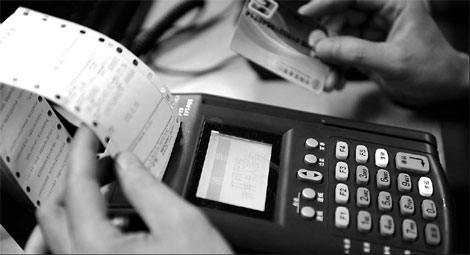THE TERTIARY SECTOR
Freight: goods or produce transported by ship, aircraft, train, lorry or van.Capital flows: the large amounts of money being moved around the world.
Exports: goods or services that are sold outside the country where they are produced.
Imports: goods or services that are brought into a country from abroad for sale.
Balance of trade: the difference between the monetary value of exports and the imports of a country.
 Balance of payments: is a record of all monetary transactions between a country and the rest of the world that includes goods, services and capital.
Balance of payments: is a record of all monetary transactions between a country and the rest of the world that includes goods, services and capital.Retail: a type of trade in which businesses sell small quantities of goods directly to consumers.
Wholesale: trade in wich buyers purchase large quantities of goods and sell them, in smaller quantities, to other companies.
Trade bloc: a group of countries that join together to form an area with special trade regulations.
Transport network: the connection of roads, railway lines, ports or airports that facilatate the transport of goods and/or people.
Market: the meeting of buyers and sellers of goods and services. Market can be tangible or abstract and it decides the price of goods and services.
Infrastructure: the basic physical and organisational structures needed for an economy to function.
Bartering: an old form of trade, where you exchange certain goods for others.
Tourism: a sector dedicated to travel for recreational, leisure or business purposes.
Information society: a society in which the creation, distribution, and manipulation of information has become the most significant economic and cultural activity.
Public services: a service that you can use without pay because it's funded by taxes.
Private services: a service that you pay when you use it.
No comments:
Post a Comment